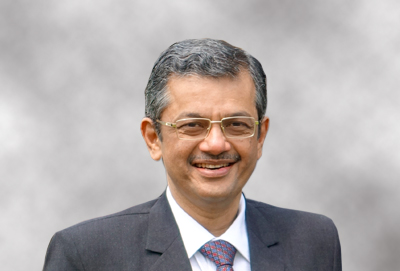The way the world looks at and treats disease and illness has undergone remarkable change over the centuries. In the 19th century doctors did not know how to prevent infection. In field hospitals doctors cut off hands and legs of soldiers who suffered even minor limb injuries, fearing gangrene. All this has changed in the last two centuries. Pills, injections and surgeries save us from various illnesses and injuries today.

The average life expectancy in India has jumped from around 31–32 years in the early 1950s to 70 years in 2018. The focus now is increasingly on preventive healthcare. Preventive care helps detect or prevent serious diseases and medical problems. Today non communicable diseases (NCDs) — including heart disease, stroke, diabetes, lung diseases, kidney failure and cancer — are common health problems across the world. NCDs account for nearly 5.8 million deaths in India. One in four Indians is at risk of dying from an NCD before he/she can reach the age of 70. Many of these chronic diseases are preventable, as they are linked to poor diet and lifestyle choices including tobacco use, excessive alcohol consumption and inadequate physical activity.
Sugar is more dangerous than gunpowder. A person is more likely to die from drinking too much cola than being blown up by a terrorist attack. The biggest problem is not the junk we eat but the nutritious food we don’t eat. The good news is that you have the power to help prevent chronic disease by making positive diet and lifestyle changes to help reduce risk.
In this Disease Prevention and Treatment month we once again focus on Rotary’s Project Positive Health — Stop NCD. Its three important pillars are: Lifestyle modification — the Ek chamach kum, char kadam aage campaign; Regular check-ups — the ‘Know your Numbers’ campaign and Awareness — amongst Rotarians, our community and especially amongst school children. The One spoon less (of salt, oil and sugar); four steps forward (regular exercise daily) and ‘No Tobacco’ should become the guiding mantras for all.
This pandemic has also brought into sharp focus the issue of mental health. The stigma associated with mental health conditions needs to be replaced with empathy, support and medication, and underscoring the importance of mental health in the overall well-being of an individual. The focus should be on a sound mind in a sound body — mens sana in corpore sano.
Dr Bharat Pandya,
RI Director, 2019-21





